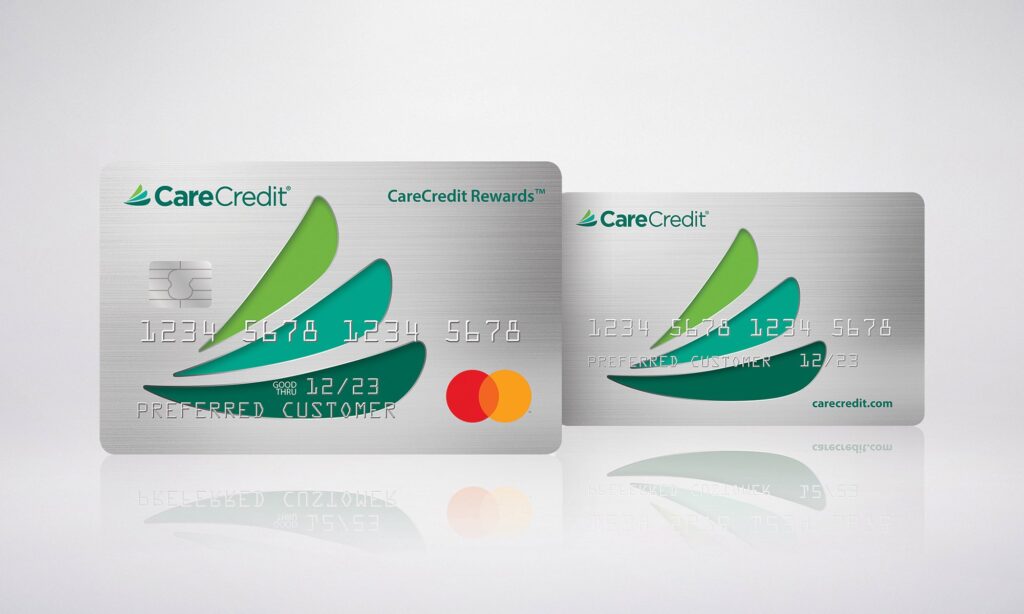When it comes to managing health expenses, CareCredit can be a valuable financial tool. This specialized credit card helps individuals pay for medical treatments and procedures that might not be fully covered by insurance. However, like all credit products, approval for CareCredit requires meeting certain credit score criteria. Here’s a detailed look at the credit score requirements and other factors influencing approval.
Understanding CareCredit
CareCredit is a health and wellness credit card that can be used to pay for a wide range of medical expenses, including dental, vision, cosmetic surgery, veterinary care, and more. It offers promotional financing options such as deferred interest if paid in full within a specific period, typically 6, 12, 18, or 24 months, depending on the provider’s terms.
Minimum Credit Score Requirement
While CareCredit does not publicly disclose a specific minimum credit score required for approval, various sources and user experiences suggest that a credit score of at least 620 is typically needed. However, having a higher credit score can significantly increase your chances of approval and may qualify you for better terms.
Factors Influencing Approval
Credit History: Lenders look at your overall credit history, including the length of your credit history, the number of accounts in good standing, and any negative marks such as late payments or defaults.
Debt-to-Income Ratio: This ratio compares your monthly debt payments to your monthly gross income. A lower debt-to-income ratio indicates better financial health and can positively influence your approval odds.
Income and Employment: Stable income and employment history can boost your application. Lenders want to ensure that you have the means to repay your debt.
Credit Utilization: This is the amount of credit you’re using compared to your total available credit. A lower credit utilization rate (generally below 30%) is favorable.
Improving Your Chances of Approval
If your credit score is on the lower end, consider these steps to improve your chances of getting approved for CareCredit:
Check Your Credit Report: Before applying, obtain a copy of your credit report from the major credit bureaus (Equifax, Experian, and TransUnion). Check for any errors or inaccuracies that might be negatively impacting your score and dispute them if necessary.
Pay Down Existing Debt: Reducing your current debt can improve your credit utilization ratio, boosting your credit score.
Avoid New Credit Applications: Multiple credit inquiries in a short period can lower your credit score. Space out your credit applications to minimize this impact.
Consider a Co-Signer: If your credit score is not sufficient, having a co-signer with a stronger credit profile can help you get approved.
While a specific credit score for CareCredit approval is not publicly provided, aiming for a score of at least 620 is a good benchmark. However, other factors such as credit history, debt-to-income ratio, and employment stability also play significant roles. By understanding these requirements and taking steps to improve your financial profile, you can increase your chances of obtaining CareCredit and managing your medical expenses more effectively.
Alternatives to CareCredit
If you find that you don’t qualify for CareCredit, or if you are looking for additional options to finance your medical expenses, there are several alternatives you can consider:
Personal Loans: Many banks and online lenders offer personal loans that can be used for medical expenses.
These loans typically come with fixed interest rates and repayment terms, making budgeting easier.
Medical Payment Plans: Some healthcare providers offer in-house payment plans that allow you to spread the cost of your treatment over several months. These plans may come with little to no interest, depending on the provider.
Health Savings Accounts (HSAs) and Flexible Spending Accounts (FSAs): If you have access to an HSA or FSA through your employer, these accounts allow you to set aside pre-tax dollars for medical expenses, which can help reduce the overall cost of care.
Credit Cards with Introductory 0% APR: Some credit cards offer an introductory 0% APR period, which can be used to finance medical expenses without accruing interest if the balance is paid off within the promotional period.
Nonprofit Organizations and Grants: Various nonprofit organizations and charities provide financial assistance for specific medical conditions. Research organizations related to your medical needs to see if they offer any support programs or grants.
Tips for Managing Medical Debt
Once you’ve secured financing for your medical expenses, it’s important to manage your debt responsibly to avoid financial strain. Here are some tips to help you stay on top of your payments:
Create a Budget: Develop a budget that includes your monthly medical debt payments. Prioritize these payments to avoid late fees and additional interest.
Automate Payments: Set up automatic payments to ensure you never miss a due date. This can help maintain your credit score and avoid late fees.
Communicate with Providers: If you’re struggling to make payments, contact your healthcare provider or lender to discuss your options. They may offer hardship programs or flexible payment arrangements.
Seek Financial Counseling: If managing your medical debt becomes overwhelming, consider speaking with a financial counselor. They can provide guidance and help you develop a plan to pay off your debt.
CareCredit can be a valuable resource for managing medical expenses, but it’s important to understand the credit requirements and other factors that influence approval. By maintaining a healthy credit score and exploring alternative financing options, you can ensure that you have the resources needed to cover your medical costs. Remember to manage your debt responsibly and seek help if needed to avoid financial stress.
Ultimately, being informed and proactive about your financial health will put you in a better position to handle medical expenses and other financial challenges that may arise.






